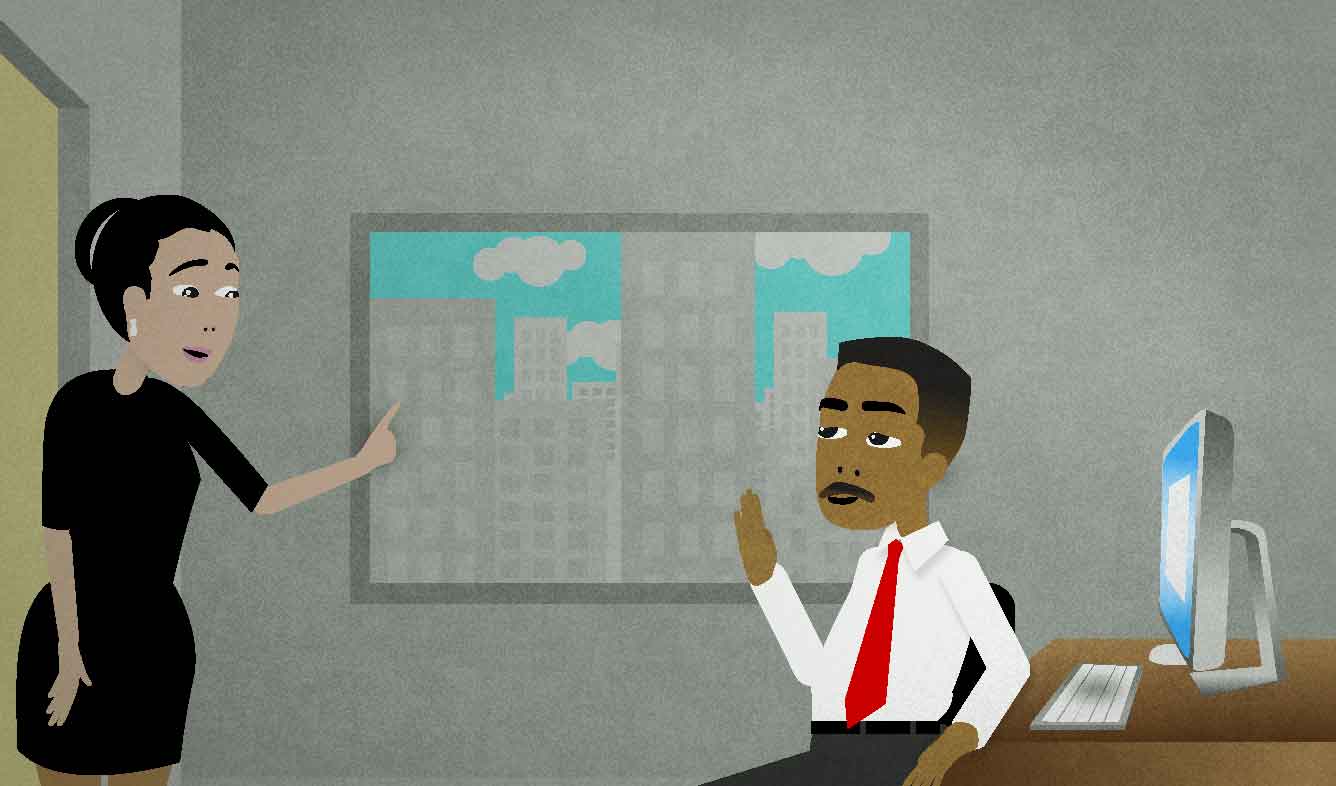“Sorry to keep pestering you, but who can I speak to about getting access to the shared drive?”
It's your first week at a new job. You're being trained, so you've been asking your boss a lot of questions. You need to ask him one more question, but you're embarrassed to bother him again. So you say this when you go to his office.
Sorry to keep pestering you, but who can I speak to about getting access to the shared drive?
Want Video and Sound? Follow us on YouTube

Sorry to (do something)
This is a way to apologize for a small mistake, or for being a little bit of a problem to someone. An easy example is:
This way of apologizing sounds really "light", so if you've done something really wrong, say "I'm sorry..." or "I'm so sorry..."
keep (doing something)
This means to continue doing something, again and again. For example:
"Keep ___ing" is used in normal spoken English, and can also be used in writing. But if you're writing a formal essay or speech, a better choice is "continue ___ing".
pester (someone)
To "pester" someone means to annoy them. It specifically means to annoy someone by asking them a question over and over, or reminding them of something again and again.
My daughter kept pestering me, so I finally made a doctor's appointment and got it checked.
Who can I speak to about (doing something)?
Ask this question when you want to find out who can answer your question:
Who can I speak to about setting up a new account?
This is a formal question which is good to use in situations like:
- at work
- at a government office
- when making a complaint to a business
get access to (something)
The speaker wants to be able to use the "shared drive", which is shared storage space on a computer network. To use the shared drive, she needs to have a user name and a password. In other words, she needs to "get access". To "get access" means that she will be able to use it.
We use the word "access" a lot when talking about computer systems, passwords, security, information, and so on. Here are some other examples of phrases using "access":
We have access to all kinds of personal information about the patients.
I will be out of the office for the week of December 27, with limited access to e-mail.
Starbucks announced that they're going to offer free Internet access at all their locations.
